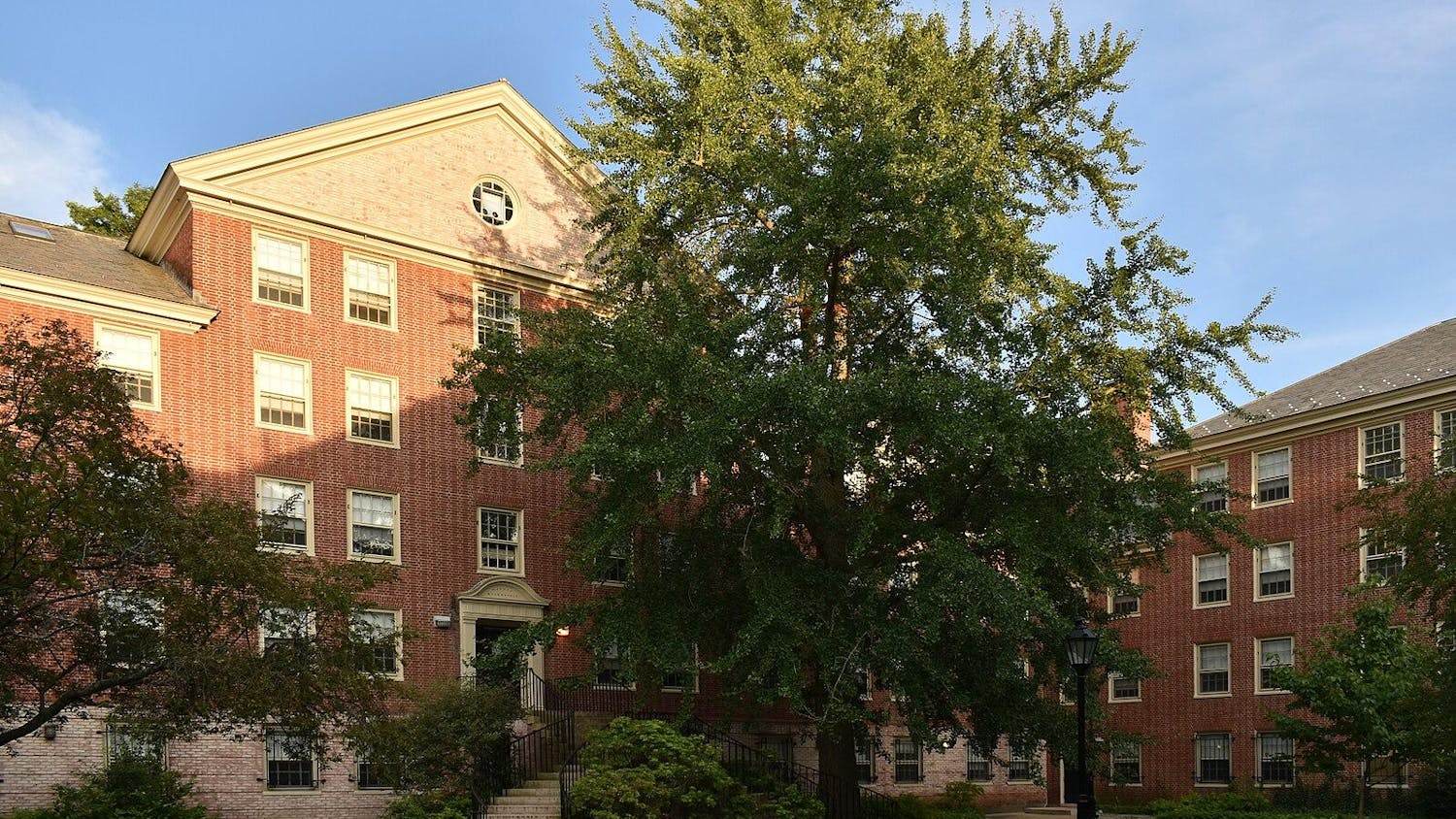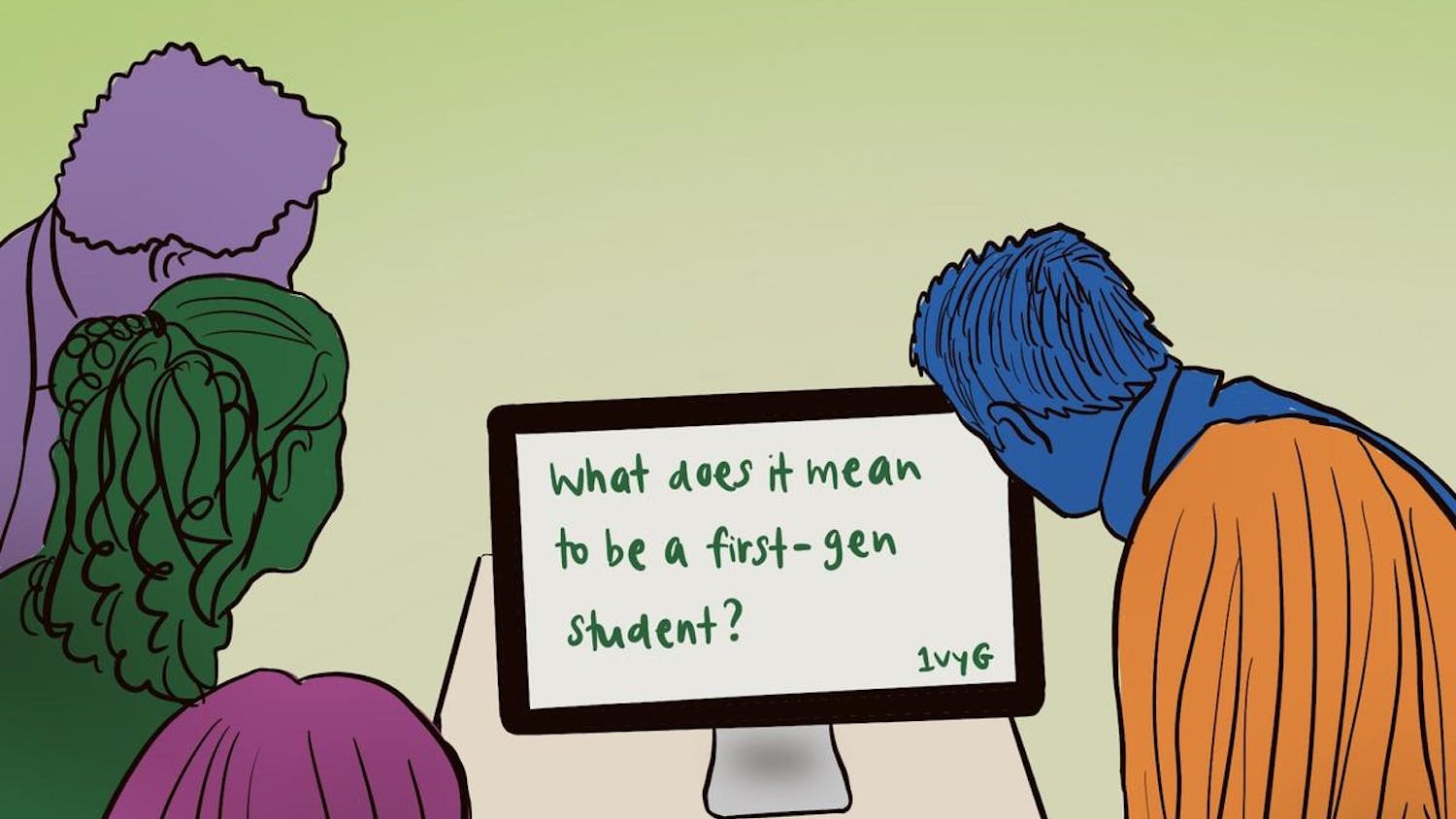Executive Vice President of Planning and Policy Russell Carey and University Spokesperson Brian Clark discussed the results of asymptomatic testing, the first week of undergraduate in-person classes and the travel risks of the upcoming long weekend in a conversation with The Herald Oct. 8.
Since COVID-19 testing began Aug. 24, the University’s asymptomatic testing program has returned a total of 26 positive results, according to an Oct. 9 Today at Brown announcement. Carey said that three of these individuals have been removed from the asymptomatic testing program for 90 days following their initial positive test.
Ten of the positive results were due to “research laboratory derived contamination,” Carey said. These results were from faculty, staff and graduate students, who are working on grants for COVID-19-related research. The material they are working with is not the live virus but can cause a positive result on the COVID-19 test.
The University moved into Campus Activity Status Level 2 this week, and undergraduate classes of 19 or fewer students had the option to meet in-person beginning Oct. 5. In addition, libraries opened to undergraduates with limited, reserved seating. “We have a total of 281 courses that have at least some in-person component,” though only a subset of these met in classrooms due to professor discretion and other factors, Clark wrote in an email to The Herald.
The transition to Level 2 has been "overall quite positive," and Carey said he has “no particular concerns” at the moment. He attributes the relatively successful transition to the continued commitment from undergraduate students and community members. “I would say with confidence that so far so good — no major or minor, really nothing that I would characterize as a hiccup so far,” Carey said.
No University exercises will be held on Indigenous Peoples’ Day on Monday. Despite the risk of travel over the long weekend causing a spike in cases, Carey believes people have a “clear sense (of) minimizing and reducing their risk.” Travel restrictions are widely known, and many locations require a 14-day quarantine on arrival from out of state. “Travel for University purposes is prohibited, and personal travel is “strongly discouraged. … Our expectation is that people are staying on campus and we are not particularly concerned,” Carey said.
Adherence to these travel restrictions would fall under the general student commitment, whose other stipulations include compliance with specified public health practices. Violations are subject to “holistic and individual case by case review,” Clark said. “The nature of the allegation has something to do with them, but it is reviewed more holistically and then worked through that process.”
Compliance with twice-a-week testing is also part of the student commitment, Carey said. Violations are subject to a similar, individualistic review process. Students are encouraged to schedule tests right away and will receive emails to “promote this behavior.” In addition to testing, students are required to fill out daily symptom check-ins. Though the symptom tracker is “very important,” the “compliance priority is on testing,” Carey said.
Students with remote status but residing in Providence have previously been urged to come forward and enroll in the University’s testing program in a community-wide email sent Thursday, Sept. 24 by President Christina Paxson P’19, The Herald previously reported. Since the announcement, there have been individuals who identified themselves, but it is a “relatively small population,” Carey said. People have been forthright, recognize the reasons and have been “cooperative.”
Carey underscored that the educational philosophy behind handling student conduct violations is the desire “for people to recognize that these things are not that burdensome — wear a mask, practice social distancing, wash your hands and engage in testing — because it is important for their own health, and I think even more importantly, the health of others,” Carey said. “We want to continue to support people in a positive way,” rather than punish them.

ADVERTISEMENT




